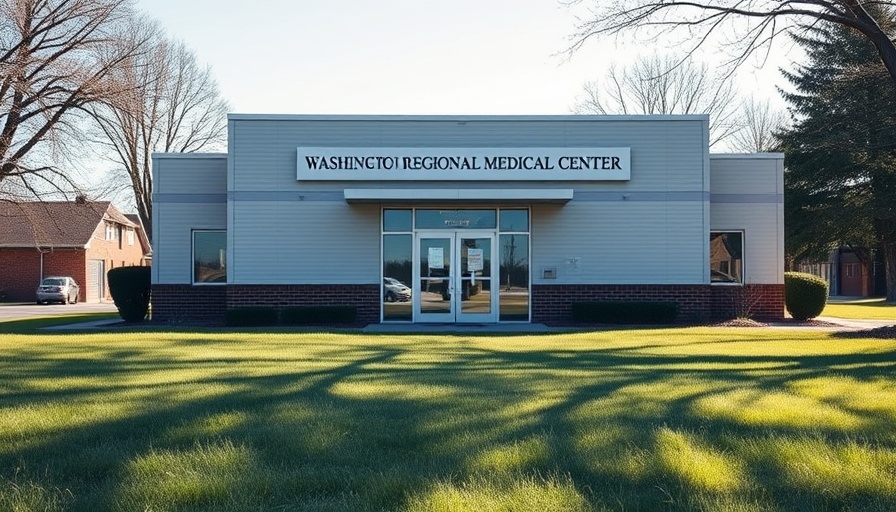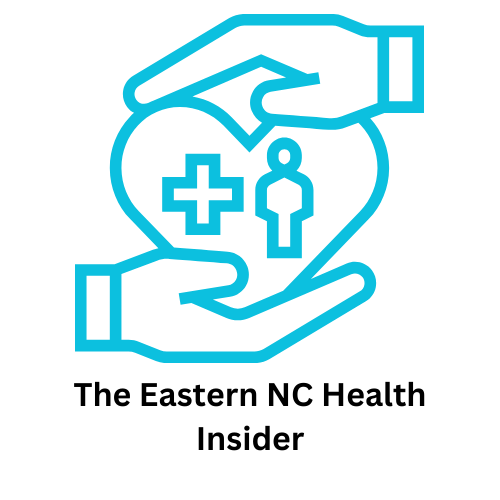
The Crisis at Hand: Why This Hospital Matters
For the residents of a small North Carolina county, the local hospital is not just a healthcare facility; it's a lifeline. With access to essential medical services at risk, concerns grow about potential consequences for the community's health and well-being. Without this critical resource, residents fear they will have to travel long distances, compromising timely access to care.
Historical Context: The Role of Community Hospitals
Community hospitals have historically served as the backbone of local healthcare systems. They provide essential services, often tailored to the specific health needs of residents. The current situation highlights the vulnerability of such institutions, especially in rural areas. Many have faced financial challenges leading to closures, with studies indicating that between 2010 and 2020, nearly 130 rural hospitals closed across the United States. This trend raises alarms about the sustainability of remaining facilities.
Impacts of Closure on Public Health
If this hospital were to close, the implications would extend far beyond physical health. Delays in accessing emergency care, routine check-ups, and essential vaccinations could result in increased rates of preventable diseases and chronic health conditions. Such a scenario is particularly alarming for families with children or elderly members who rely heavily on nearby healthcare services. It can also impact mental health, as a lack of accessible healthcare leads to increased stress and anxiety in facing unknown health futures.
Future Predictions: What Lies Ahead for Local Healthcare?
The future of healthcare in rural communities may hinge on innovative models that integrate technology with traditional healthcare services. Telemedicine, for example, is reshaping how patients can engage with healthcare providers from the comfort of their homes. However, relying solely on telehealth does not eliminate the need for in-person services. Experts suggest that partnerships between community hospitals and larger healthcare systems could pave the way for sustainable solutions, ensuring residents do not face a healthcare desert.
Exploring Diverse Perspectives
While many advocate for keeping the local hospital operational, alternative viewpoints exist. Some believe that reallocating resources to outpatient services and preventive care could better serve community needs. A well-rounded debate involving community stakeholders—including healthcare professionals, local government, and residents—could lead to innovative solutions satisfying diverse health needs.
Actions You Can Take: Advocating for Your Health
It's crucial for community members to engage actively in discussions about their healthcare. Attend town halls, voice your concerns, and advocate for better local healthcare resources. Knowing the risks of hospital closures is the first step towards pushing for change and protecting local healthcare access. Forming community groups can also unite voices to make more substantial impacts.
Stay Informed and Get Involved
As the situation unfolds, it's more important than ever to keep informed about local health initiatives and support efforts to maintain essential services. Consider volunteering or supporting local health organizations fighting to keep this vital community resource alive. With collective action, residents can influence decisions that ensure everyone has access to quality healthcare.
You have the power to advocate for your community's health. Stay engaged, stay informed, and ensure that healthcare remains a priority in local discussions.
 Add Row
Add Row  Add
Add 




Write A Comment